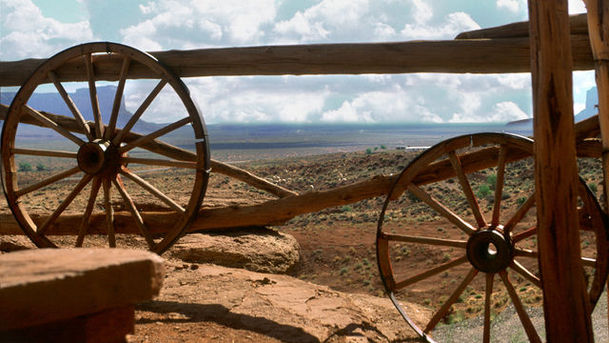Sunday Feature - Wheels and Stones

When George Sturt had to take over his father's wheelwright's business in 1884, he realised that his book learning made him ignorant about what he called 'a tangled web of folk knowledge'. Yet in 1923 he published an account of the process of building wooden wheels and making wagons, which he had become fiercely proud especially because he was keenly aware that his trade was slipping away. Robert Powell reads from George Sturt's "The Wheelwright's Shop". Punctuating Sturt's observations about apprentices, pricing, drunken sawyers, injuries and the threat of machinery, are the stories of a contemporary stonemason Simon Verity, who carves in cathedrals and villas, and Charlotte de Syllas, a jeweller whose work is shown in museums. We also hear from a firm of coach wrights in Kent. Sturt saw that he would not be able to compete with the motorcar but there are still a few highly skilled masters of traditional crafts working in Britain. The modern accounts reinforce Sturt's pride in his craft and also highlight the struggles of trying to survive and shine when others are outsourcing, using cheaper materials and looking for commercial success. The feature travels from Simon Verity's Caithness croft, to Charlotte de Syllas's studio in Dorset to the Crofords carriage sheds in Kent and to Farnham in Surrey, where George Sturt was based. Narrator: Robert Powell Producer and Presenter: Judith Kampfner.